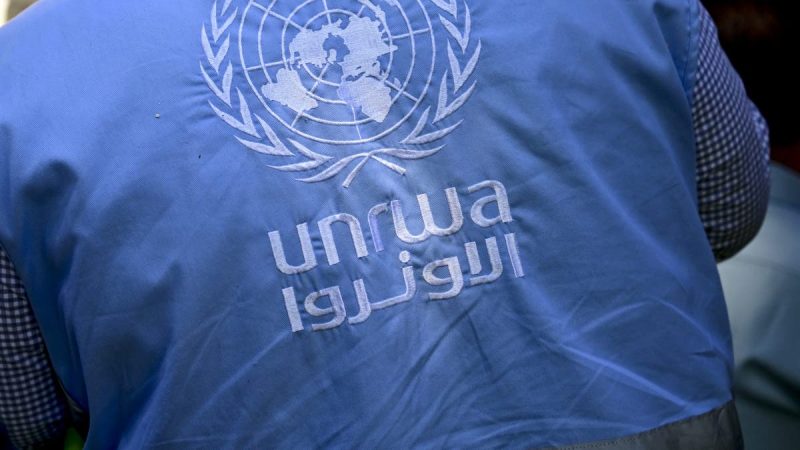
Biden-Harris Envoy Sparks Controversy: Accused of Pressuring Israeli Lawmakers on UN Agency Bill
The recent allegations against a Biden-Harris envoy for pressuring Israeli lawmakers to drop a bill banning a terror-linked UN agency have raised concerns and sparked debates about the relationship between the United States, Israel, and international organizations involved in counter-terrorism efforts.
The accusations against the envoy highlight the complexities and challenges that often arise when balancing diplomatic relations with the need to combat terrorism effectively. The bill in question aimed to ban the United Nations Relief and Works Agency for Palestine Refugees (UNRWA), which has faced criticism for its alleged ties to terrorist organizations and its perpetuation of the Israeli-Palestinian conflict.
By pressuring Israeli lawmakers to drop the bill, the envoy has been accused of undermining Israel’s efforts to address legitimate security concerns and combat terrorism in the region. This has raised questions about the envoy’s motivations and priorities, as well as the implications of such actions on the broader U.S.-Israel relationship.
Critics argue that the envoy’s alleged interference in Israel’s legislative process is a betrayal of the longstanding alliance between the two countries and a capitulation to international pressure to protect UNRWA, regardless of its controversial track record. They argue that the U.S. should stand by its ally’s efforts to address security threats and hold international organizations accountable for their actions.
On the other hand, supporters of the envoy may argue that such actions were necessary to maintain strategic partnerships and foster cooperation with international partners working on humanitarian and development initiatives in the region. They may also assert that the U.S. has a responsibility to engage diplomatically and navigate sensitive issues to advance its foreign policy objectives effectively.
Regardless of the perspectives, the accusations against the envoy underscore the delicate balance that policymakers must strike between advancing national interests, supporting allies, and upholding principles of transparency and accountability in international affairs. The incident serves as a reminder of the challenges inherent in navigating complex geopolitical landscapes and the importance of addressing security threats while upholding international norms and values.